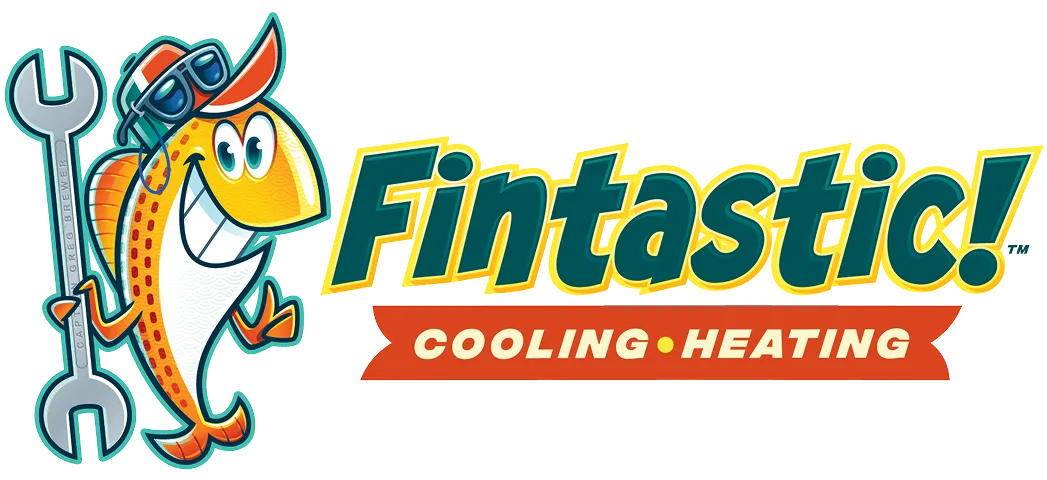Ductless Maintenance in Stafford, TX
Ductless Maintenance in Stafford, TX
Keeping your ductless mini-split system well maintained is essential for dependable cooling in Stafford, TX. With long, humid summers and frequent heavy-use months, ductless systems that are not regularly serviced can lose efficiency, develop indoor air quality problems, and fail when you need them most. This page explains routine ductless maintenance offerings, common issues seen in Stafford homes, what a professional tune-up includes, recommended schedules, maintenance agreement benefits, and how regular upkeep improves reliability and lowers operating costs.

Why ductless maintenance matters in Stafford, TX
Stafford and the surrounding Fort Bend County area experience hot, humid summers and frequent pollen and dust. That climate puts extra strain on mini-split components:
- High humidity increases condensate and mold risk inside indoor units and drain lines.
- Constant heavy use during summer accelerates wear on compressors, fans, and controls.
- Airborne pollen, yard debris, and neighborhood dust clog filters and coils faster.
- Occasional storms and electrical activity can stress control boards and outdoor components.
Regular maintenance addresses these local stressors, preventing breakdowns during peak heat and helping your system run efficiently year-round.
Common ductless problems in Stafford homes
Homeowners in this region typically call about:
- Reduced cooling capacity or uneven room temperatures
- Increased energy bills after a season of heavy use
- Water leaking from indoor units due to clogged condensate drains
- Excessive noise from indoor or outdoor units (fan motors, compressor)
- Ice or frost on lines indicating refrigerant or airflow problems
- Indoor air quality complaints: dust, odors, or musty smells from coils and drain pans
Most of these issues are preventable or mitigated with routine maintenance performed by a qualified technician.
Standard seasonal tune-up: what it includes
A professional ductless maintenance tune-up focuses on key items that keep mini-splits reliable and efficient. Typical tasks performed during a seasonal service include:
- Visual inspection of indoor and outdoor units for physical damage and proper mounting
- Cleaning or replacing washable filters and recommending replacement frequency
- Coil cleaning (indoor evaporator and outdoor condenser) to restore heat-transfer efficiency
- Checking and clearing condensate drain lines and pans to prevent leaks and mold growth
- Refrigerant level check and basic leak detection; flagging suspected leaks for repair
- Electrical inspection: tightening connections, checking contactors, capacitors, and control wiring
- Testing thermostat and control functions, remote operation, and sensor calibration
- Verifying airflow and measuring temperature split to confirm efficient operation
- Lubricating moving parts where applicable and ensuring fan motors operate smoothly
- Recording system performance and recommending corrective action when components show wear
These steps restore system efficiency, improve indoor comfort, and reduce the chance of mid-summer failures.
Diagnostics and problem identification (non-technical)
When a system shows symptoms, technicians perform targeted diagnostics that homeowners can understand:
- Airflow evaluation: checking that each indoor head is delivering consistent cool air; restricted airflow often means dirty filters or blocked coils
- Temperature split test: measuring air temperature entering and leaving the unit to confirm proper heat transfer
- Visual refrigerant inspection: identifying signs of leaks such as oil spots or frost on lines; backing this with pressure readings when needed
- Electrical tests: ensuring controls and safety switches engage correctly and that there are no overheating or loose connections
- Drain and mold inspection: looking for standing water, slime, or musty residue in drain lines and pans
Technicians explain findings in plain language and outline recommended repairs or preventative steps.
Refrigerant and electrical work: why specialists are required
Handling refrigerant and electrical components requires licensed technicians. Refrigerant work must comply with federal and state regulations and needs proper gauges and leak detection. Electrical repairs and control board troubleshooting involve safety risks and should be performed by certified professionals. During maintenance, technicians identify these issues and present repair options so you can make informed decisions.
Recommended maintenance schedule for Stafford homes
To match local climate and usage patterns, consider this schedule:
- Filter cleaning or washing: every 1 to 3 months (monthly if pets or heavy pollen)
- Light seasonal tune-ups: twice a year (spring before heavy cooling season and fall for off-season check)
- Full coil cleaning and refrigerant check: annually
- Thorough electrical inspection and performance test: annually
- Deep clean of indoor units and drain lines: every 12 months, more often if humidity or mold is present
Following this cadence keeps systems efficient and reduces emergency repairs during peak heat.
Maintenance agreements: what they typically offer
Maintenance agreements are designed for predictable care and long-term savings. Common features include:
- Scheduled seasonal tune-ups to prevent missed maintenance
- Priority scheduling during peak seasons to reduce wait times
- Discounted diagnostic and repair rates on covered systems
- Documentation of performance checks that can support warranty claims
- Reminders and service records so homeowners can track maintenance history
For Stafford homes, agreements can be especially valuable because they help ensure service before the hottest months and address humidity-related concerns proactively.
Benefits of regular ductless upkeep
Routine maintenance delivers measurable advantages:
- Improved energy efficiency and lower utility bills by restoring proper heat exchange and airflow
- Greater reliability and fewer emergency repairs during Stafford’s hottest periods
- Extended equipment life by reducing compressor and motor strain
- Better indoor air quality through clean filters and coils, reducing dust and allergen circulation
- Early detection of refrigerant leaks and electrical faults before they cause major failures
- Help meeting manufacturer maintenance requirements that preserve warranties
Signs you need service now
Schedule an inspection if you notice:
- Noticeably higher electric bills without increased usage
- Weak or uneven cooling from indoor units
- Strange noises from indoor or outdoor units
- Water dripping or pooling beneath indoor heads
- Musty odors coming from vents or indoor units
- Frequent on-off cycling or failure to reach set temperatures
Timely maintenance often resolves these problems quickly and prevents escalation.
ConclusionFor Stafford, TX homeowners, routine ductless maintenance tuned to local climate realities is an essential part of ensuring comfort, energy efficiency, and system longevity. Seasonal tune-ups, regular filter and coil care, refrigerant and electrical inspections, and a clear maintenance schedule reduce breakdown risk and improve indoor air quality. Maintenance agreements provide predictability and priority service during peak periods when you need reliable cooling the most. Regular upkeep is the most cost-effective way to protect your ductless investment and keep your home comfortable through Stafford’s hot, humid seasons.
Customer Testimonials
Our customers praise our exceptional service and attention to detail, consistently exceeding expectations.































































